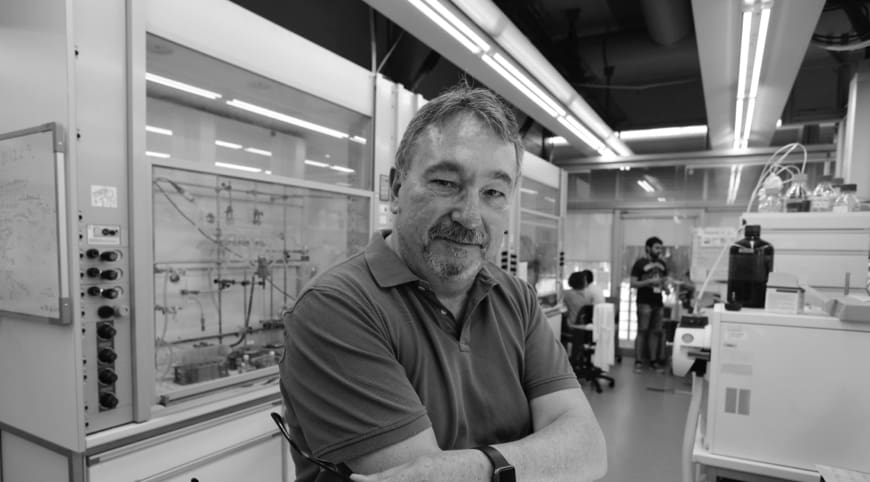Phosphinooxazolines Derived from 3-Amino-1,2-diols: Highly Efficient Modular P-N Ligands
A family of chiral phosphinooxazolines (12a–e) derived from modular, enantiopure beta-amino alcohols has been prepared, and their palladium complexes have been used as chiral mediators in the asymmetric allylic alkylation reaction. The oxazoline moiety in 12 contains a C-4 aryl and a C-5 alkoxymethyl substituent that can be independently optimized for high catalytic activity and enantioselectivity. A methoxymethyl substituent at C-5 has been found to provide the best results in terms of enantioselectivity and activity in the alkylation of a diverse family of allylic substrates under both thermal and microwave-assisted activation. The palladium-phosphinooxazoline complexes described in this work are remarkably robust, as the enantioselectivity recorded in the asymmetric allylic alkylation remains essentially unchanged in the temperature range between 20 and 130 °C. An unprecedented reversal in enantioselectivity has been observed between 1,3-diphenylallyl and 1,3-dimethylallyl alkylation substrates, and the origin of this behavior has been explained by means of ONIOM QM/MM calculations.

D. Popa, C. Puigjaner, M. Gomez, J. Benet-Buchholz, A. Vidal-Ferran, M. A. Pericas
Adv. Synth. Catal. 2007, 349, 2265-2278
DOI:
Go to the journal
Associated ICIQ research group/s:
-
RESEARCH GROUP/S
Prof. Anton Vidal
-
RESEARCH GROUP/S
Prof. Miquel A. Pericàs

Let's create a brighter future
Join our team to work with renowned researchers, tackle groundbreaking
projects and contribute to meaningful scientific advancements




















